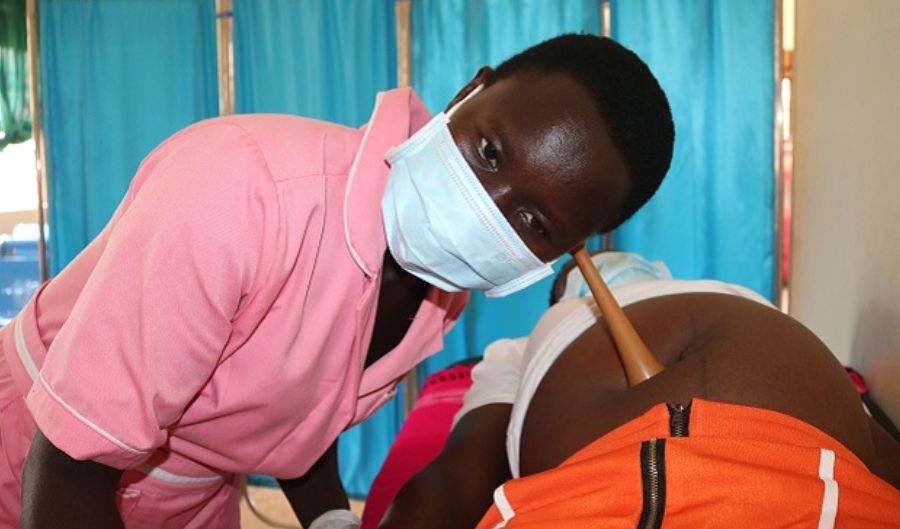Research: Women experience lasting health problems after childbirth
- Uncategorized
- No Comment
- 147

HEALTH REPORT | FLAVIA NASSAKA | Every year, at least 40 million women are likely to experience a long-term health problem caused by childbirth. This is according to a new study published on Thursday in the Lancet Global Health journal.
Part of a special Series on maternal health, the study shows a high burden of postnatal conditions that persist in the months or even years after giving birth. These include pain during sexual intercourse (dyspareunia), affecting more than a third (35%) of postpartum women, low back pain (32%), anal incontinence (19%), urinary incontinence (8-31%), anxiety (9-24%), depression (11-17%), perineal pain (11%), fear of childbirth (tokophobia) (6-15%) and secondary infertility (11%).
The authors of the paper call for greater recognition within the healthcare system of these common problems, many of which occur beyond the point where women typically have access to postnatal services. Effective care throughout pregnancy and childbirth is also a critical preventive factor, they argue, to detect risks and avert complications that can lead to lasting health issues after birth.
“Many postpartum conditions cause considerable suffering in women’s daily life long after birth, both emotionally and physically, and yet they are largely underappreciated, under-recognized, and underreported,” said Dr Pascale Allotey, Director of Sexual and Reproductive Health and Research at the World Health Organisation (WHO).
The doctor notes that throughout their life and beyond motherhood, women need access to a range of services from healthcare providers who listen to their concerns and meet their needs so they not only survive childbirth but can enjoy good health and quality of life.
This paper shows that despite their prevalence, these conditions have been largely neglected in clinical research, practice, and policy.
Reviewing literature spanning the last 12 years, the authors identified no recent high-quality guidelines to support effective treatment for 40% of the 32 priority conditions analyzed in their study and found not a single high-quality guideline from a low- or middle-income country. They also found that there were no nationally representative or global studies for any of the conditions identified through the research.
Taken as a whole, the Series, titled, ‘Maternal Health in the perinatal period and Beyond’, calls for greater attention to the long-term health of women and girls after and also before pregnancy.
In their recommendations authors call for a holistic approach to reduce maternal deaths, focusing not only on their immediate biomedical causes but also on the complex interplay of broader social, economic, and environmental conditions that affect women’s health. These include factors like racial and gender inequities as well as economic context, nutrition, sanitation, environmental risks, or exposure to violence and conflict.
They say lack of attention to such issues is the reason why 121 out of 185 countries have failed to significantly progress in reducing maternal deaths over the past two decades.
“Maternal health is not just something that we should start worrying about when the pregnancy bump appears,” said Joao Paulo Souza, Centre Director of the Latin American and Caribbean Center on Health Sciences Information and one of the authors of the first paper. “There are many factors that influence the likelihood a woman will have a healthy pregnancy, from the environment around her to the political and economic systems she lives in, or access to nutritious food and the level of the agency she has over her life – all of these need to be addressed to improve her health, alongside access to high-quality healthcare throughout life.”
By Independent
https://www.independent.co.ug/research-women-experience-lasting-health-problems-after-childbirth/





